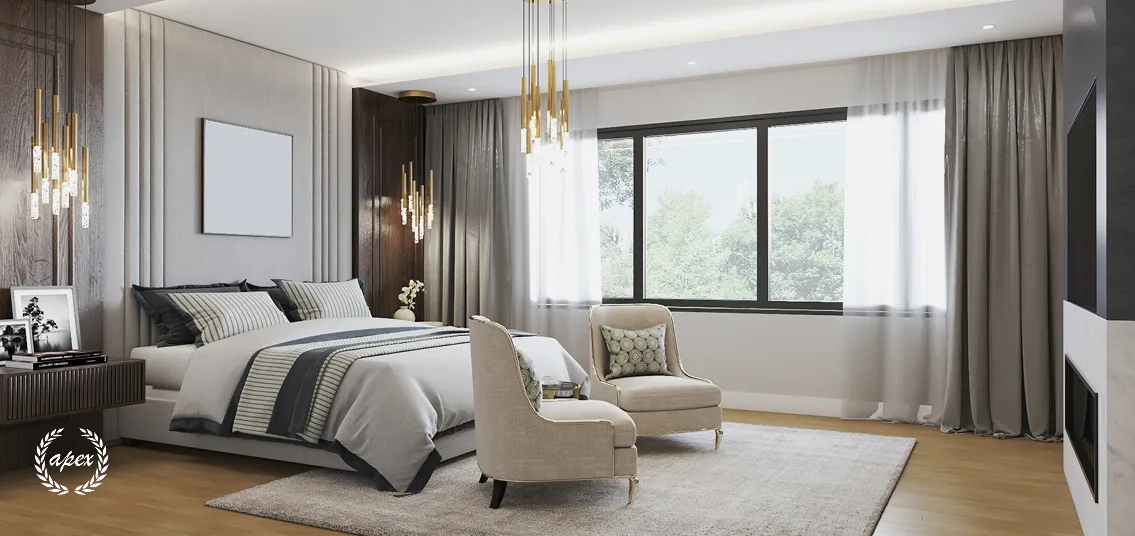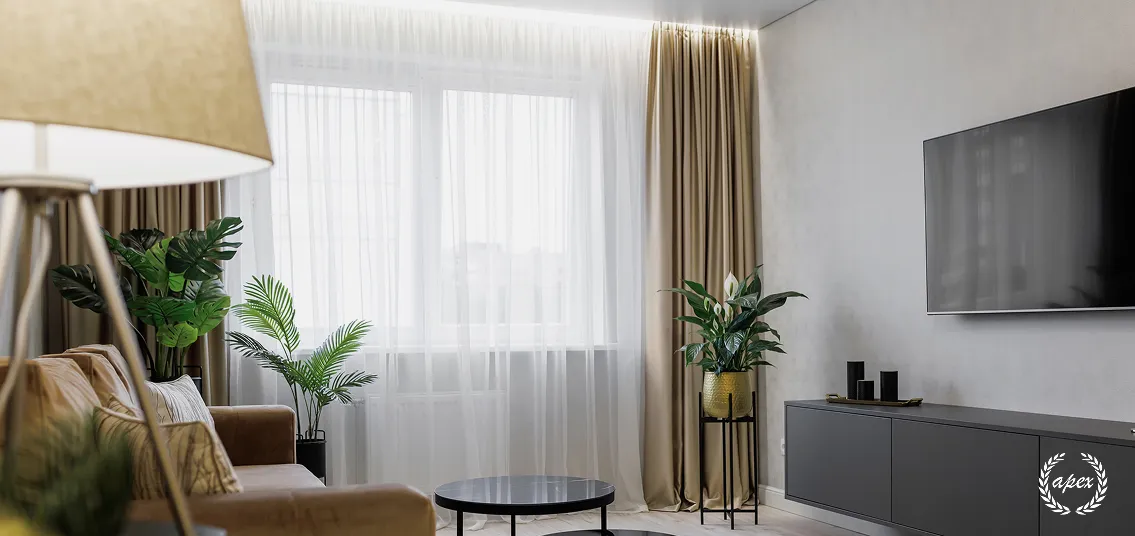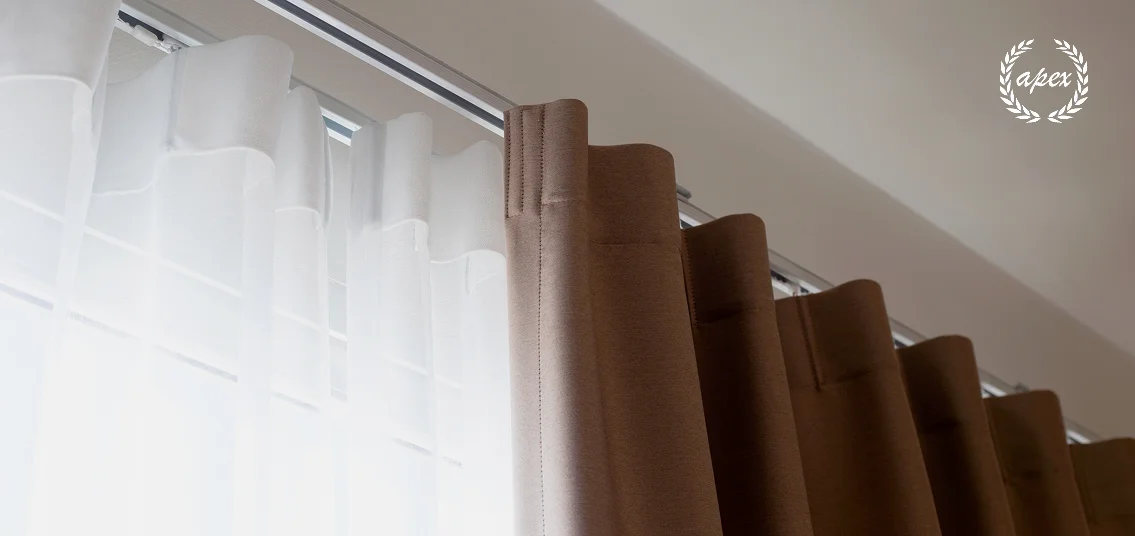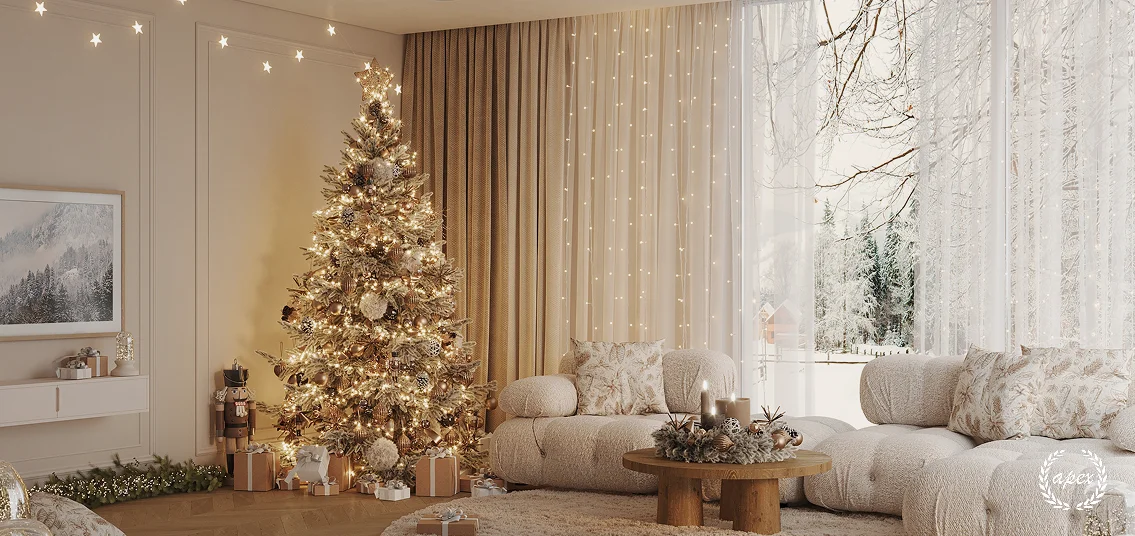When choosing window treatments, light control is a key factor, especially in Singapore’s tropical climate. Many homeowners wonder, Do Venetian blinds block out light? While Venetian blinds provide adjustable lighting and privacy, they may not offer total darkness like blackout blinds. This guide explores how Venetian blinds manage light, compares them with other blinds, and helps you choose the best option for your home.
How Do Venetian Blinds Control Light?
Venetian blinds consist of horizontal slats that can be tilted at different angles to control the amount of light entering a room. This flexibility makes them a popular choice for homes and offices.
Advantages of Venetian Blinds for Light Control:
✔ Adjustable Brightness – Tilt the slats to allow more or less sunlight.
✔ Partial Privacy – Maintain visibility while reducing glare.
✔ Stylish and Functional – Available in various materials like aluminum, PVC, and wood.
However, due to the small gaps between slats, Venetian blinds do not completely block out light, making them less suitable for bedrooms where total darkness is required.
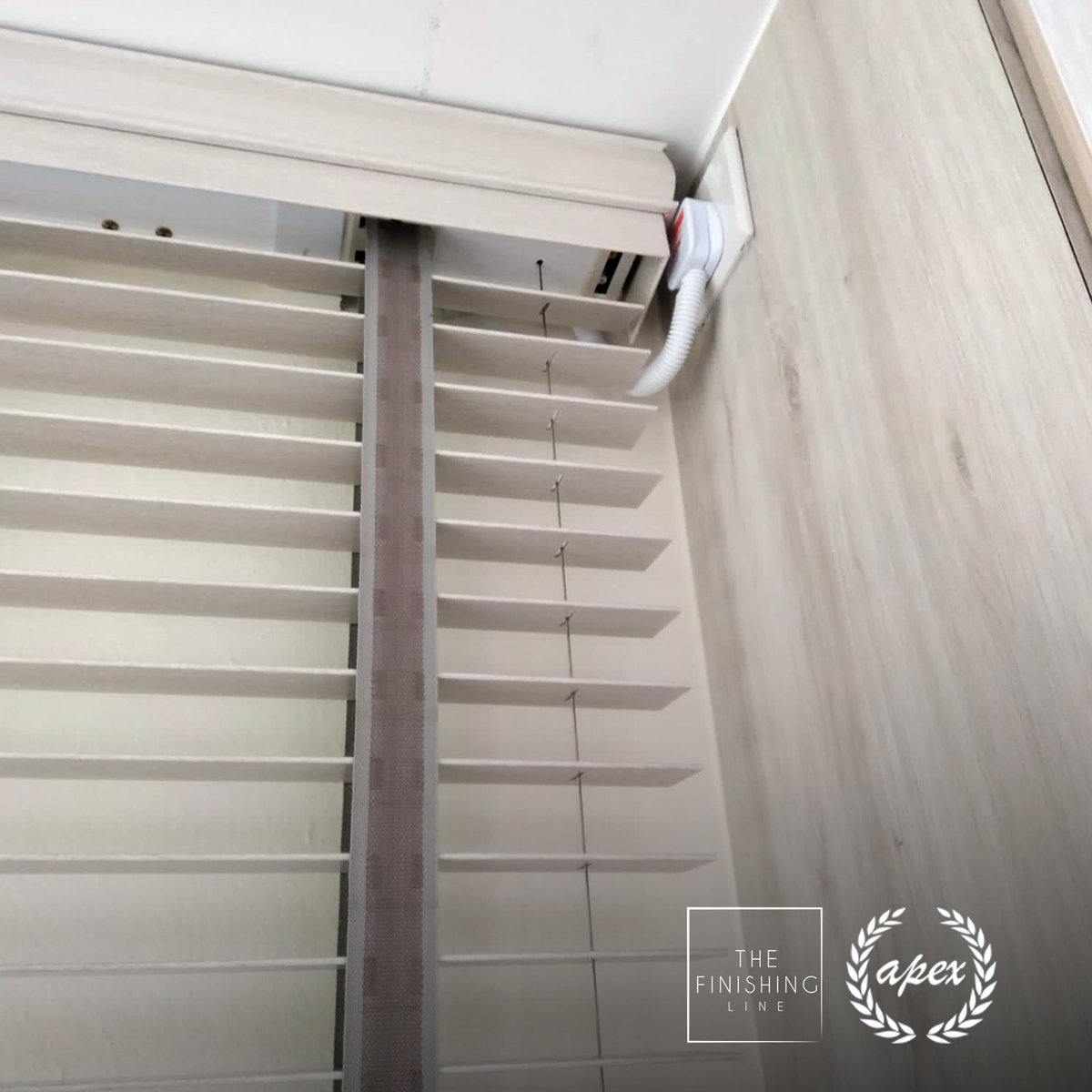 Venetian blinds can be tilted to control the amount of light entering a room
Venetian blinds can be tilted to control the amount of light entering a room
Do Venetian Blinds Block Out Light Completely?
While Venetian blinds provide excellent light adjustment, they do not offer 100% blackout. The main reasons include:
-
Gaps Between Slats: Even when fully closed, small openings allow light to filter through.
-
Material Choice: Wooden and PVC Venetian blinds block more light than aluminum ones, but none provide full darkness.
-
Side Light Leaks: Unlike roller or blackout blinds, Venetian blinds do not cover window edges entirely.
For those who need complete darkness, blackout blinds or layering curtains with Venetian blinds may be a better solution.
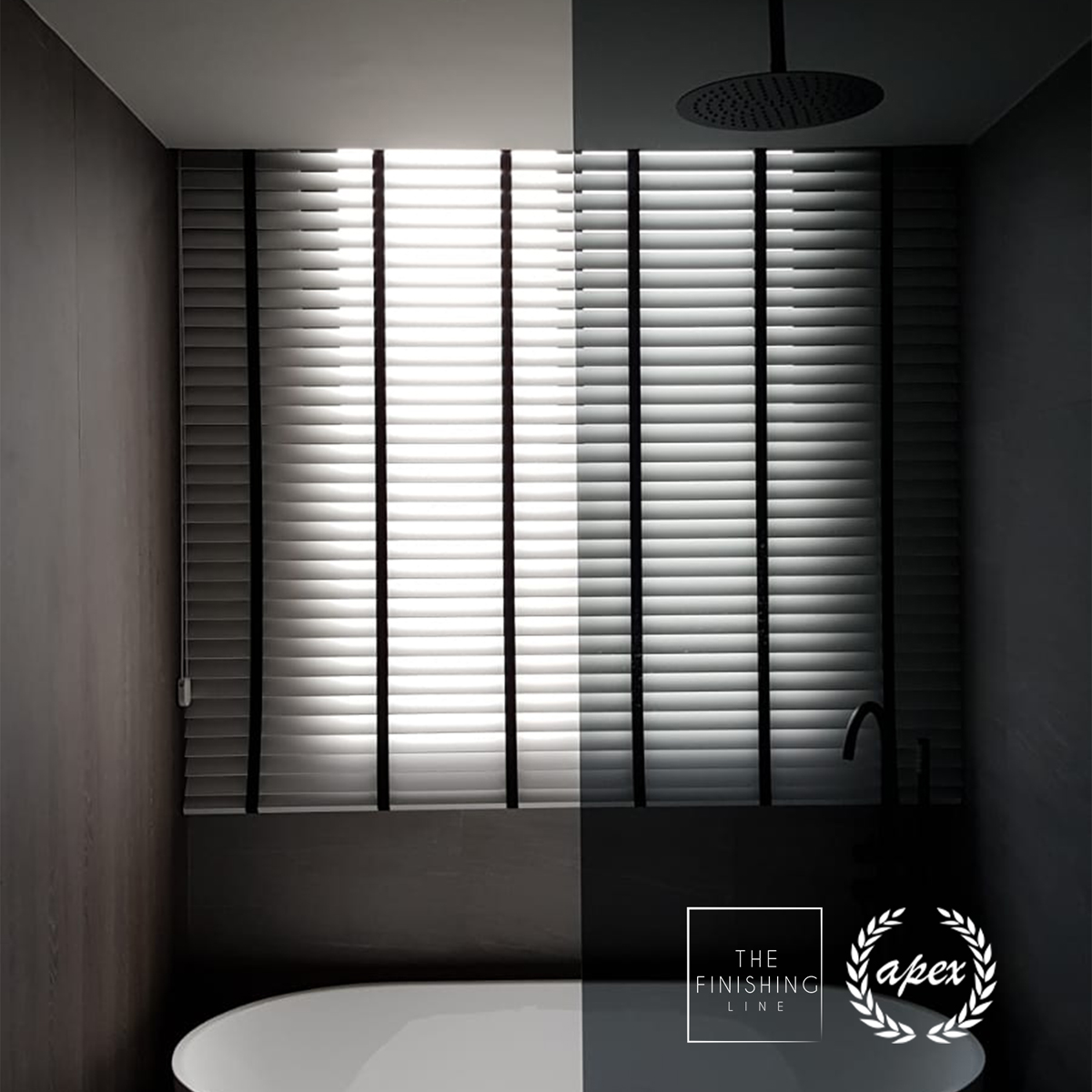 Venetian blinds have multiple slats that are stacked on top of each other
Venetian blinds have multiple slats that are stacked on top of each other
Best Blinds for Blocking Out Light
If blocking light is a priority, consider these alternative blinds:
1. Blackout Roller Blinds
-
Made with thick, opaque fabric to eliminate external light.
-
Perfect for bedrooms and home theaters.
2. Roman Blinds with Blackout Lining
-
Fabric-based with an added blackout layer.
-
Ideal for stylish interiors needing effective light control.
3. Day and Night Blinds
-
Combines sheer and blackout panels for flexible light control.
-
Great for living rooms and home offices.
4. Vertical Blinds with Blackout Fabric
-
Ideal for large windows and sliding doors.
-
Provides better light blocking than Venetian blinds.
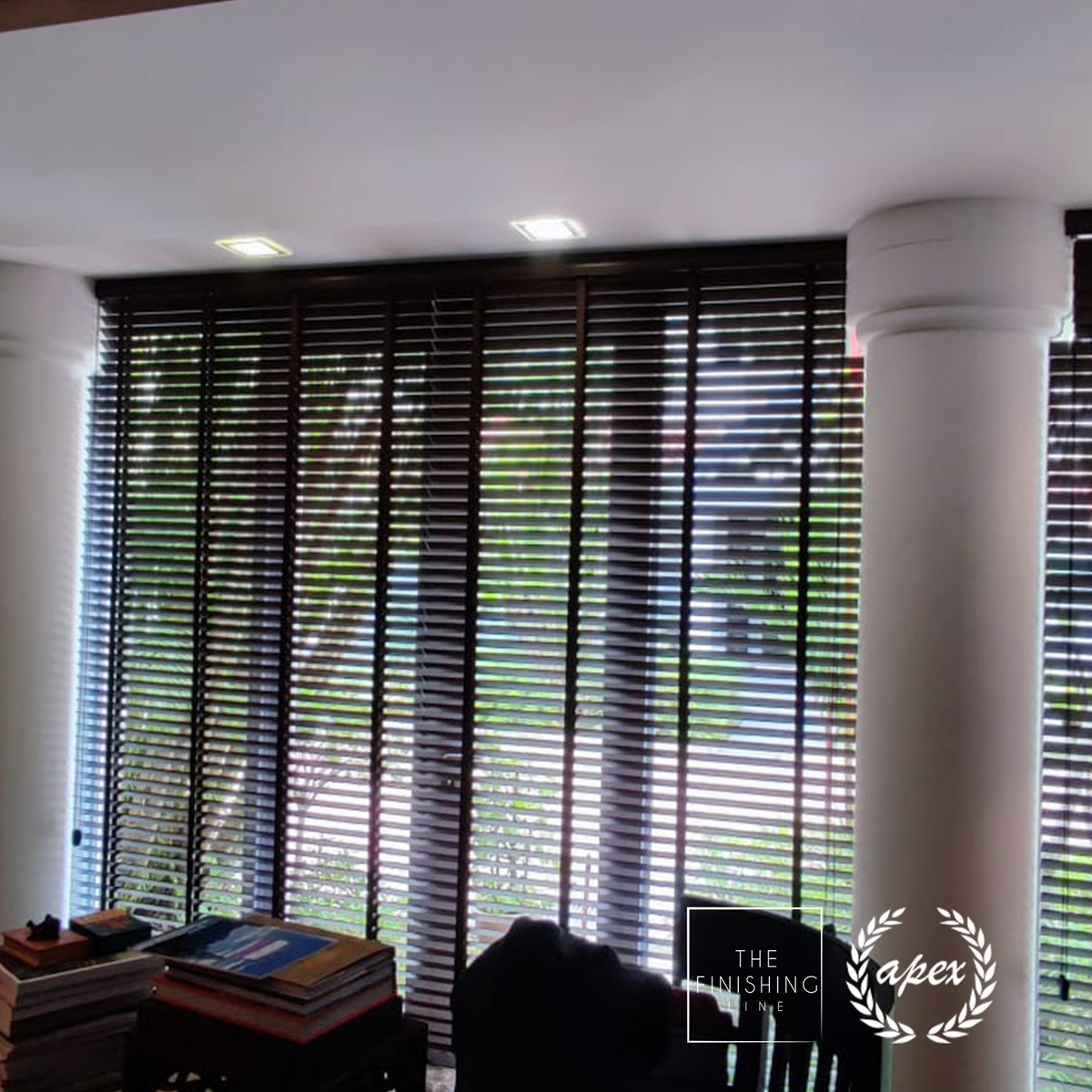 It depends on a few factors such as the material, width of slats, and presence of any gaps or holes
It depends on a few factors such as the material, width of slats, and presence of any gaps or holes
How to Choose the Right Blinds for Your Needs
-
For Bedrooms: Choose blackout roller blinds or Roman blinds.
-
For Living Rooms: Venetian blinds provide flexible light control.
-
For Offices: Day and night blinds offer balanced lighting.
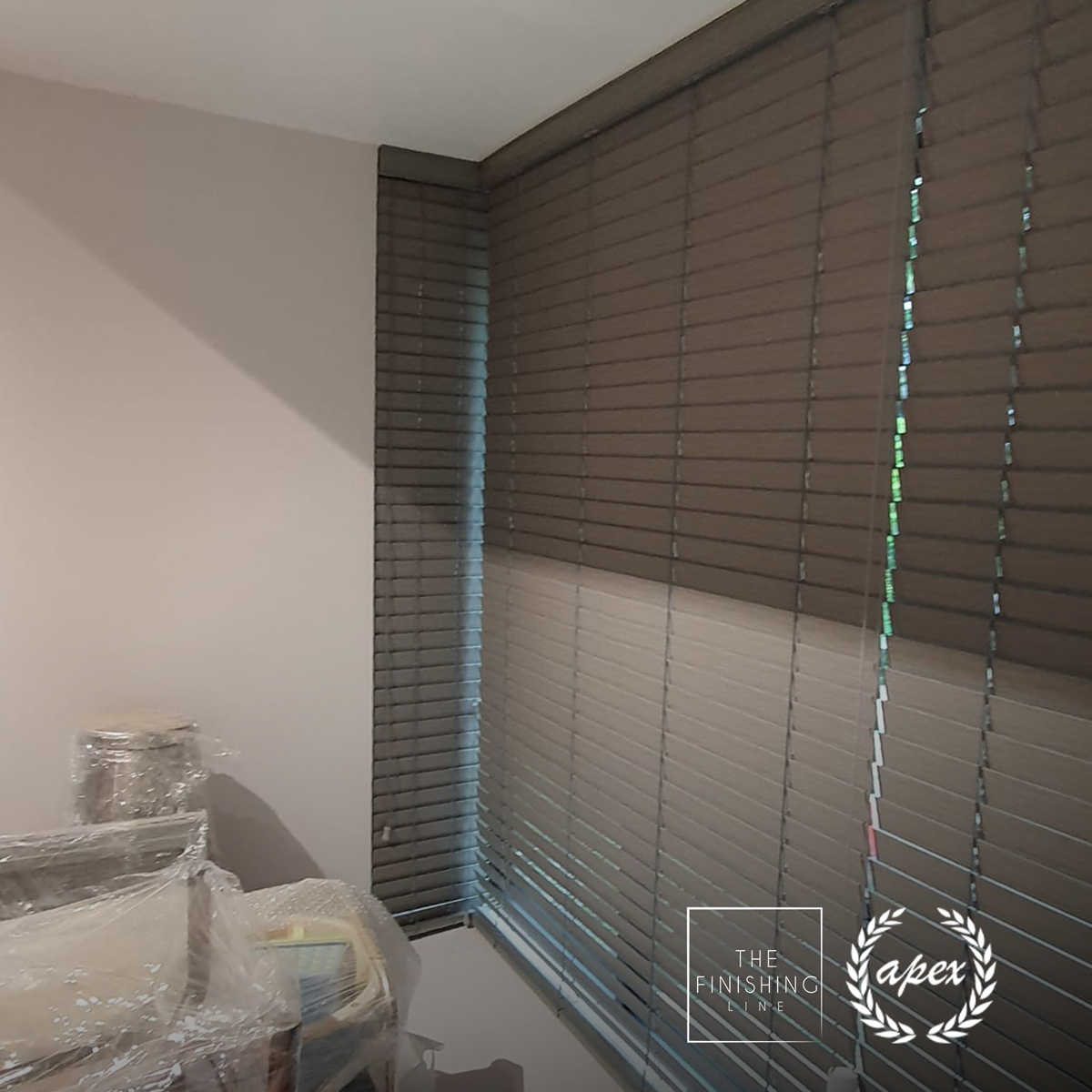 A professional installer will ensure that the blinds are installed properly
A professional installer will ensure that the blinds are installed properly
Conclusion
So, do Venetian blinds block out light completely? No, but they allow for adjustable brightness and privacy. If you need full blackout, roller blinds or layered window treatments are better alternatives.
At Apex Blinds, we offer a variety of Venetian blinds, blackout blinds, and day-night blinds to suit every need. Contact us today to find the perfect blinds for your home!

